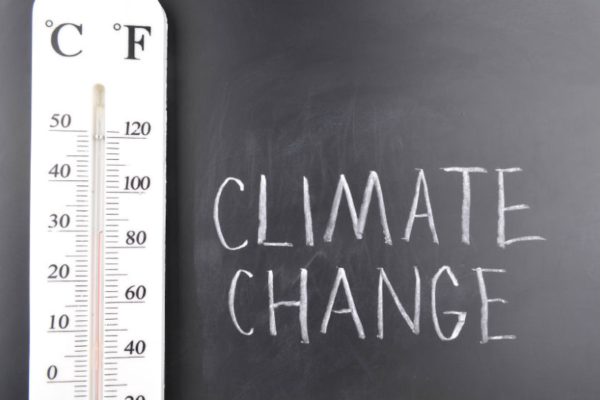“I was elected to represent the citizens of Pittsburgh, not Paris,” President Donald Trump bragged as he announced that the United States would withdraw from the Paris climate accord — a plan meant to fight climate change. How sadly ironic. He was boasting about representing people in one of the most polluted cities in the country.
As Trump moves to reverse plans to curb global warming and reduce air pollution, such as lifting a moratorium on coal leasing on federal lands and rolling back fuel economy standards for cars, a troubling and deadly history threatens to repeat itself in some of the very states that voted him into office, like Pennsylvania and Texas.
Long considered a proud member of “coal country,” with five coal-fired plants nearby, the Pittsburgh area has consistently been rated as one of the top 10 U.S. cities with the dirtiest air, according to the American Lung Association’s 2017 “State of the Air” report.
Pennsylvania has gravitated away from coal and toward natural gas, a cheaper and more abundant fuel source, but the air is still dangerous. And as history shows, under the right weather conditions polluted air can turn deadly.
On Oct. 27, 1948, the mill town of Donora, Pennsylvania, sat under an anticyclone — a temperature inversion of high atmospheric pressure, sealing a lid over the town and trapping the pollution from a nearby zinc plant and steel smelting plant. Donora’s toxic smog lasted for five days, killed 20 people and sickened thousands. But this was not a lone event.
Four years later, there was another devastating smog, this time in London. Some may remember it from an episode of the Netflix series “The Crown.”
As many as 12,000 people died from the choking five-day toxic fog also caused by coal, as well as diesel pollution from London’s vaunted double-decker bus fleet. Millions more suffered from respiratory issues that shortened their lives. The Great Smog of 1952 was the world’s deadliest air pollution disaster — a human-made catastrophe that has never been surpassed.
The world has since made tremendous progress in how we generate energy, and the air is much cleaner thanks in no small part to the air-quality laws passed in the United Kingdom in 1956 and the United States in 1970 — both in direct response to those disasters.
But America is now at risk of backsliding. This year, Pittsburgh’s county, Allegheny, received a failing grade from the American Lung Association for air quality. Dallas, Houston, San Antonio and El Paso were in the top 20 cities with the highest levels of ozone.
Texas and Pennsylvania aren’t the only states in danger. Coal mining hubs in Kentucky and West Virginia topped the list for worst air quality. Those states also voted overwhelmingly for Trump. But even blue states such as California aren’t immune. Almost 40 percent of the nation lives in areas with unhealthy levels of ozone or particle pollution, deadly poisons that can shorten lives.
When Trump loosens energy regulations, air quality will only worsen — and major cities like Houston, Dallas and Pittsburgh are at risk. Lifting regulations on fossil fuel production and rolling back vehicle emission standards will contribute to poor health, even premature deaths.
And Trump will likely eliminate the Environmental Protection Agency’s enforcement branch. There will be dire health consequences for all Americans without cops on the beat, enforcers who punish companies that emit excess pollutants. There will no longer be someone there to tell violators “no.”
Trump’s decisions about the environment endanger our health. Americans must elect state legislators who will refuse to cut funds to agencies that protect environmental quality — something that happened in Texas in April.
Voters must support the almost 200 mayors who pledged to honor the Paris Agreement. And Americans have to hold federal lawmakers accountable during next year’s midterm elections.
The lessons of London’s Great Smog of 1952 and Donora, Pennsylvania, should not be forgotten. Pollution threatens our air — and our lives.
Kate Winkler Dawson is a senior lecturer of journalism at The University of Texas at Austin. Her forthcoming book “Death in the Air: The True Story of a Serial Killer, the Great London Smog, and the Strangling of a City” is due out on Oct. 17.
A version of this op-ed appeared in the East Bay Times, McAllen Monitor, San Antonio Express News and the Houston Chronicle.
To view more op-eds from Texas Perspectives, click here.
Like us on Facebook.




